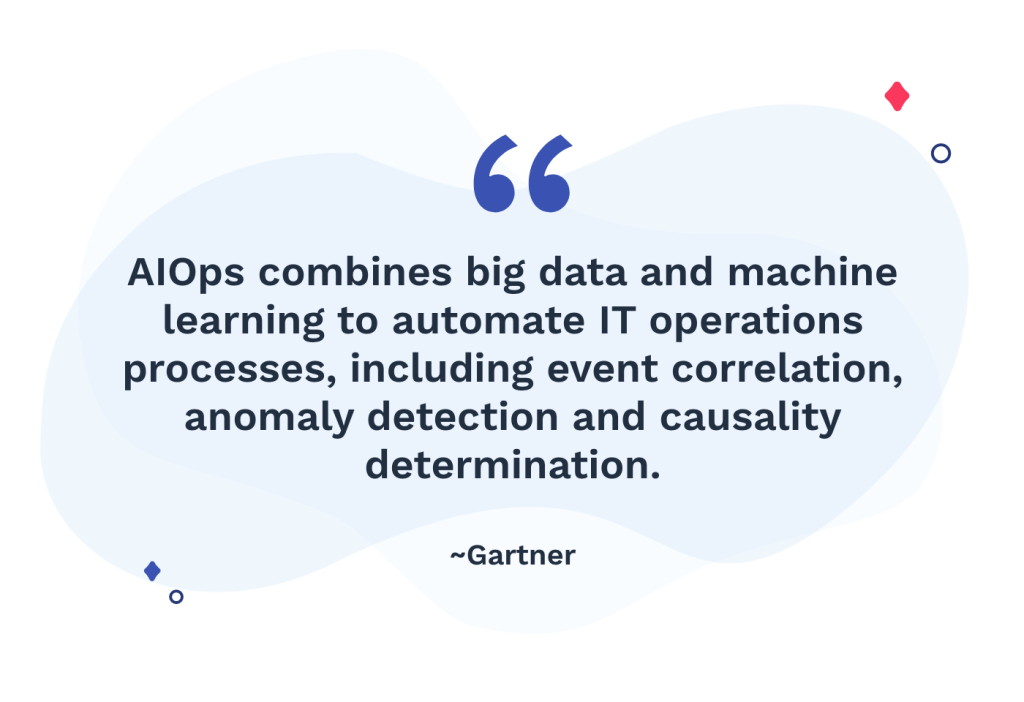
Are you a bit lost when it comes to AIOps? Fear not, dear reader, for you are not alone. The world of IT is full of acronyms that can make your head spin. But fear not, for I am here to guide you through the maze that is AIOps and provide you with a clear definition.
What is AIOps?
AIOps stands for “Artificial Intelligence for IT Operations.” Essentially, it is the application of AI and machine learning technologies to IT operations. This includes monitoring, analyzing, and automating various IT tasks and processes. The goal of AIOps is to enhance the performance and efficiency of IT operations while reducing the workload on human operators.
How does AIOps Work?
AIOps works by collecting large amounts of data from various sources, including logs, metrics, and events. This data is then analyzed using machine learning algorithms to identify patterns and anomalies. The insights gained from this analysis can be used to optimize IT operations, predict and prevent incidents, and automate routine tasks.
Why is AIOps Important?
AIOps is becoming increasingly important as IT systems become more complex and the amount of data generated by these systems grows exponentially. Human operators simply can’t keep up with the sheer volume of data and the pace at which incidents occur. AIOps can help to bridge this gap by providing real-time insights and automating routine tasks, freeing up human operators to focus on more strategic initiatives.
AIOps Use Cases
AIOps can be applied to a wide range of IT operations use cases, including:

- Performance Monitoring: AIOps can be used to monitor the performance of IT systems and identify bottlenecks or potential problems before they occur.
- Incident Management: AIOps can be used to detect and diagnose incidents in real-time, helping to reduce downtime and minimize the impact of incidents.
- Capacity Planning: AIOps can be used to analyze historical data and predict future capacity needs, helping to optimize resource utilization and reduce costs.
- Security: AIOps can be used to detect and respond to security threats in real-time, helping to prevent data breaches and other security incidents.
AIOps Challenges
While AIOps holds great promise, it is not without its challenges. Some of the key challenges include:
- Data Quality: AIOps relies heavily on data, and the quality of that data can have a significant impact on the effectiveness of AIOps.
- Data Integration: AIOps requires data from a wide range of sources, and integrating that data can be a complex and time-consuming process.
- Skills Gap: AIOps requires a unique set of skills, including data science, machine learning, and IT operations. Finding individuals with these skills can be a challenge.
- Change Management: AIOps can disrupt traditional IT operations processes, which can be difficult to manage.
Conclusion
In conclusion, AIOps is the application of AI and machine learning technologies to IT operations. It has the potential to revolutionize the way IT operations are managed, providing real-time insights and automating routine tasks. While there are challenges to be overcome, the benefits of AIOps are clear. So, what are you waiting for? Dive in and explore the world of AIOps today!
